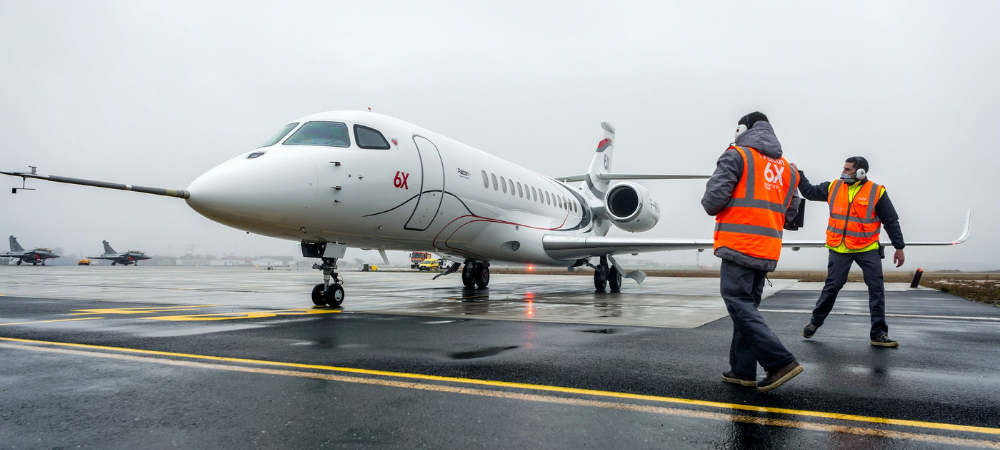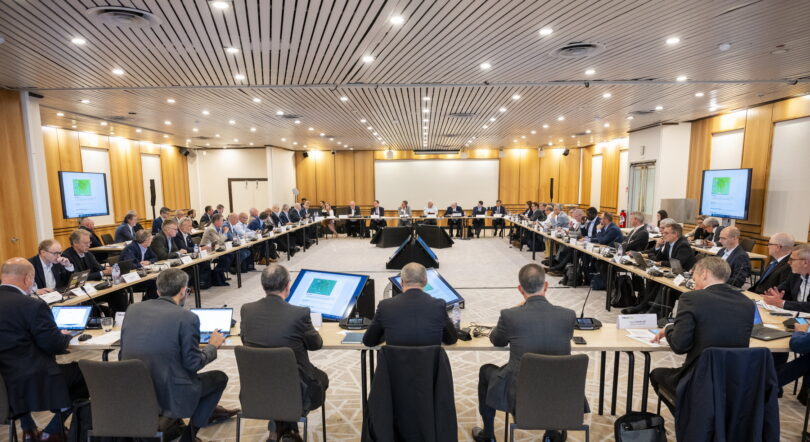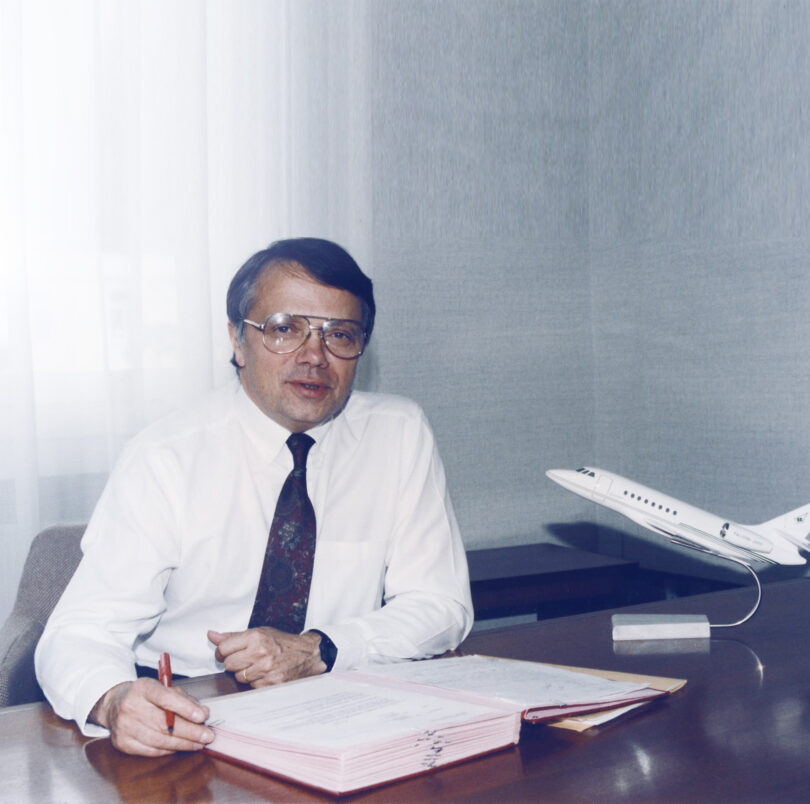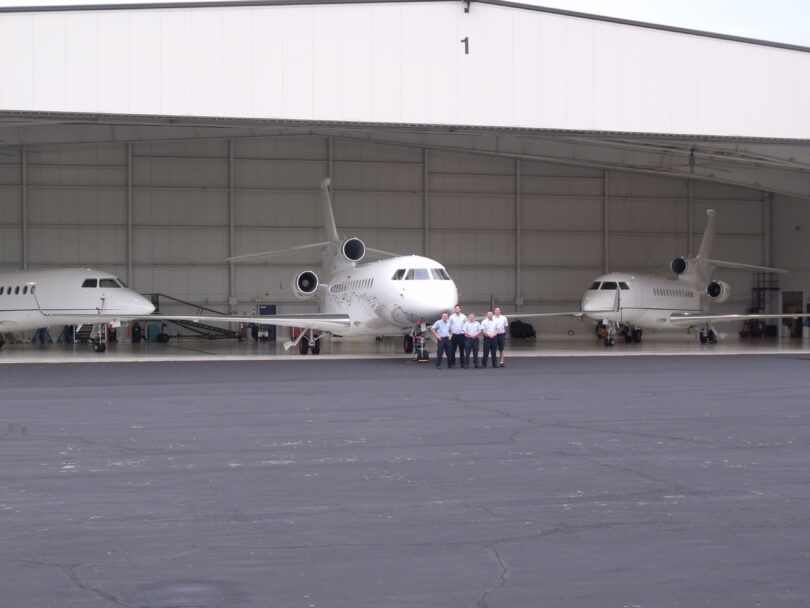We’re stress testing the aircraft and our organization, in order to be ready for EIS
Flight testing of theFalcon 6X is underway, with our pilots giving the aircraft high marks for handling at this early stage. Making sure the 6X performs as intended is the essence of a flight test program. But another effort has been underway since before the 6X flew and will continue through certification—that is the effort to ensure a high level of reliability for all systems and components.
To minimize reliability issues, our teams and partners are going through intensive equipment testing and screening methodologies. One is called HALT, for Highly Accelerated Life Testing. Afterward, HASS, for Highly Accelerated Stress Screen, is applied on production units when it proves necessary.
The general idea for HALT is to submit components to extreme conditions including vibration, temperature and humidity—sometimes referred to as shake and bake testing. If they don’t fail through all of this, they’re a lot less likely to fail in the aircraft.
I wouldn’t say we’re stressing our Product Support team members in the same way, but we are giving them great experience with the 6X while supportingthe flight test program that began on March 10.
For months now, we have been very hands on. We have seven quite experienced engineers and technicians assigned directly to the flight test aircraft – one for line service on the ramp; two for data acquisition and analysis; one for validation of the FalconScan onboard diagnostic system (more on that in a moment); one for validation of maintenance documents; and two techs from our service network, one from Dassault Falcon Service and one from TAG Maintenance Services.
Beyond this team, more Product Support people are getting close exposure to the aircraft. You may recall that we’ve relocated Product Support and ourFalcon Command Center to Mérignacto tie it more closely with engineering, production, flight test and our Dassault Falcon Service Center there.
Command Center staff are involved withFalconScandownloads; they’ll get the raw data and give a diagnostic evaluation. We’ll run a lot of failure simulations with them. In fact, starting this week, we will run failure simulations with FalconScan on the test bench to simulate as many fault configurations as possible. FalconScan monitors 100,000 parameters, so you can easily imagine that this system can track a lot of fault scenarios.
At a later stage of the flight test program, we’ll fly the fourth aircraft (the first production aircraft) all around the world. We’ll load it up with passengers to subject equipment to real-life usage, especially involving cabin entertainment and connectivity systems.
We also have a tiger team of department leaders in place empowered to accelerate the recovery process of any issues that occur in testing or subsequently.
We’ve poured everything we’ve learned about reliability and maintainability into the 6X. But if EIS problems crop up, you know we’ll do whatever it takes to keep operators flying.
I look forward to keeping you informed about how the aircraft and Product Support is performing through this process.
Best,
Jean Kayanakis
Senior Vice President, Worldwide Falcon Customer Service & Service Center Network
Dassault Aviation



